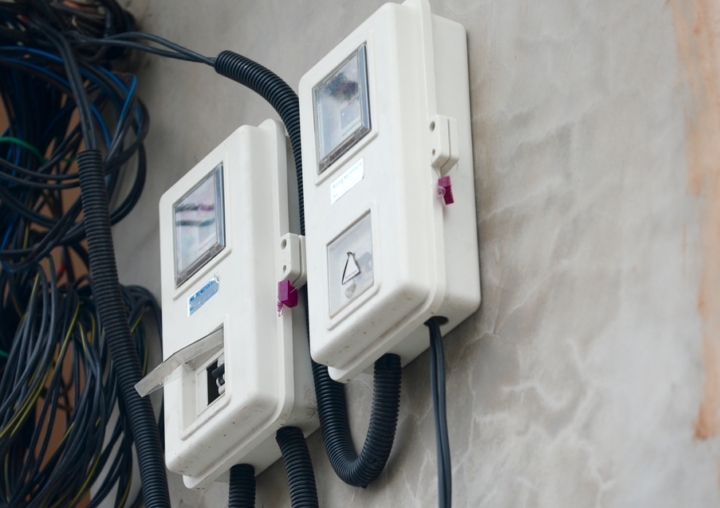Bayo Adelabu, Nigeria’s Minister of Power, has expressed deep dissatisfaction with the performance of electricity distribution companies (DisCos), accusing them of undermining the federal government’s efforts to improve power supply across the country.
Speaking at a two-day retreat organised by the Senate Committee on Power, Adelabu did not mince words about the role DisCos have played in frustrating recent progress in the power sector. His remarks were shared in a statement on Tuesday by Bolaji Tunji, his special adviser on strategic communication and media relations.
“We need to get tough with the DisCos, as they can easily frustrate all the gains we have made,” Adelabu said. “They have disappointed us in performance expectations. Whatever we do in generation does not mean anything to consumers if it is frustrated at the distribution points.”
He pointed out that many DisCos failed to uphold their obligations following the 2003 sector restructuring, which required partnerships with technical experts. “Most of those partnerships with foreign companies dissolved within three months of takeover,” Adelabu revealed. “Instead of investing in infrastructure, many used bank loans for asset acquisition and redirected funds to repay those loans.”
Despite a 70 percent increase in market liquidity—driven by tariff adjustments that raised sector revenue from N1 trillion in 2023 to N1.7 trillion in 2024—the minister said the distribution segment remains the sector’s weakest link.
In the fourth quarter of 2024, northern DisCos remitted only N124.4 billion (30 percent) of their N408.86 billion invoice, with Abuja DisCo accounting for 85 percent of the total. Southern DisCos performed marginally better, remitting N254.6 billion (67 percent), with Lagos-based DisCos responsible for 70 percent of that amount.
“These discrepancies highlight the impact of crumbling infrastructure outside major economic hubs, where years of underinvestment have left distribution networks in disrepair,” he said.
Adelabu also highlighted the persistent metering gap as a key contributor to revenue losses and consumer dissatisfaction. To address this, the federal government has launched a N700 billion Presidential Metering Initiative (PMI), along with a World Bank-supported programme targeting the installation of 4.3 million meters by 2025.
Warning of a N4 Trillion Subsidy Backlog
The minister warned that the sector is weighed down by a staggering N4 trillion subsidy backlog, with N1.94 trillion projected for 2024 alone. Monthly shortfalls now hover around N200 billion.
“Maintaining current electricity tariffs is unsustainable,” Adelabu said. “It places undue pressure on resources needed to upgrade infrastructure.”
To address the crisis, he announced that the government would soon begin restructuring underperforming DisCos and enforcing stricter performance benchmarks.
“Without urgent capital injection into distribution networks, the benefits of increased generation—such as the historic 6,003MW output in March 2025—and ongoing transmission improvements, including the deployment of 61 new transformers in 2024, will not reach consumers,” he warned.
The minister also outlined plans to attract private investment into grid infrastructure and to regionalise transmission networks in order to reduce the risk of widespread outages.
Adelabu praised Lagos DisCos for achieving a 70 percent remittance rate, attributing their performance to better infrastructure. He urged the National Assembly to enact tougher laws to protect power infrastructure from vandalism and sabotage.

